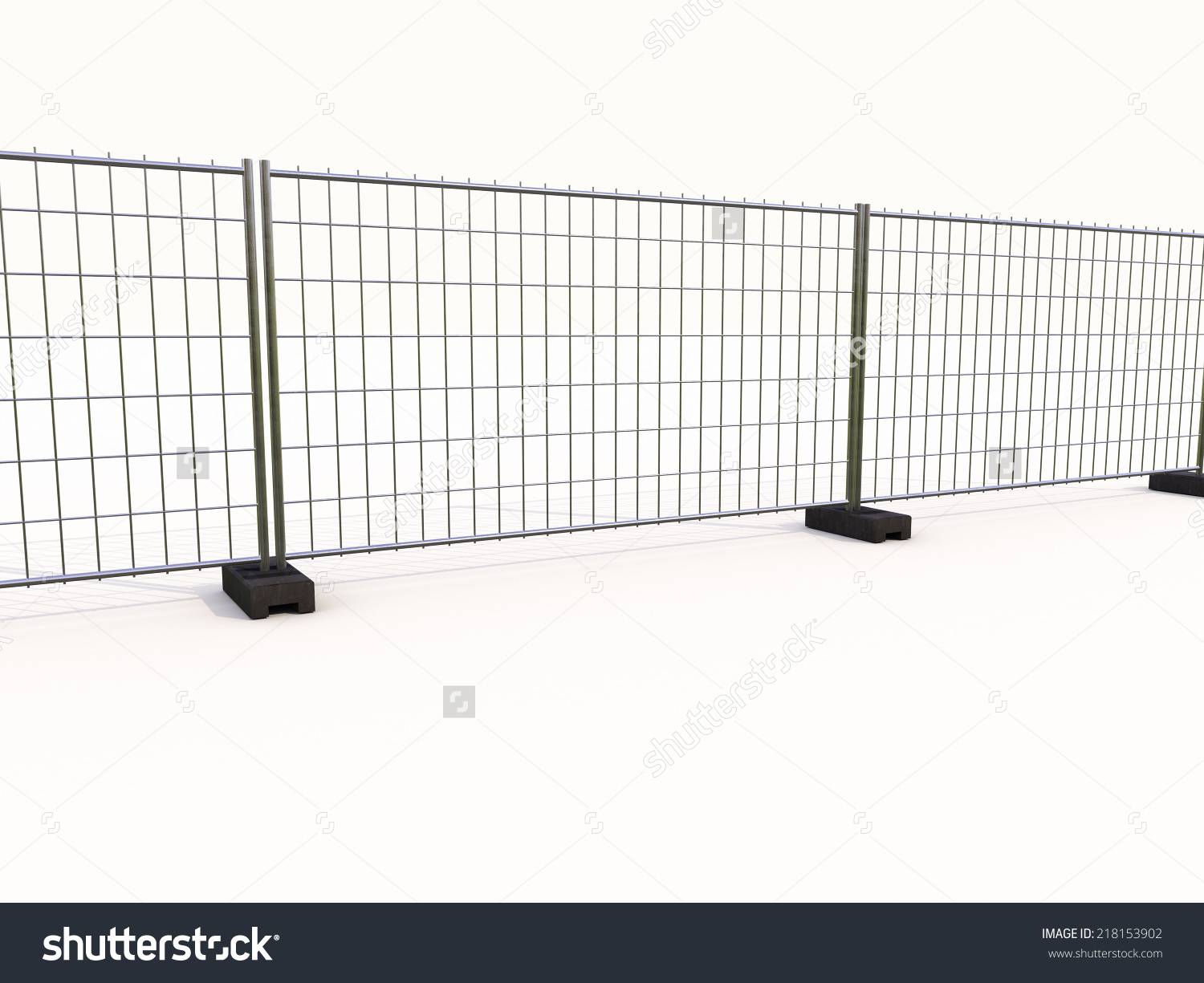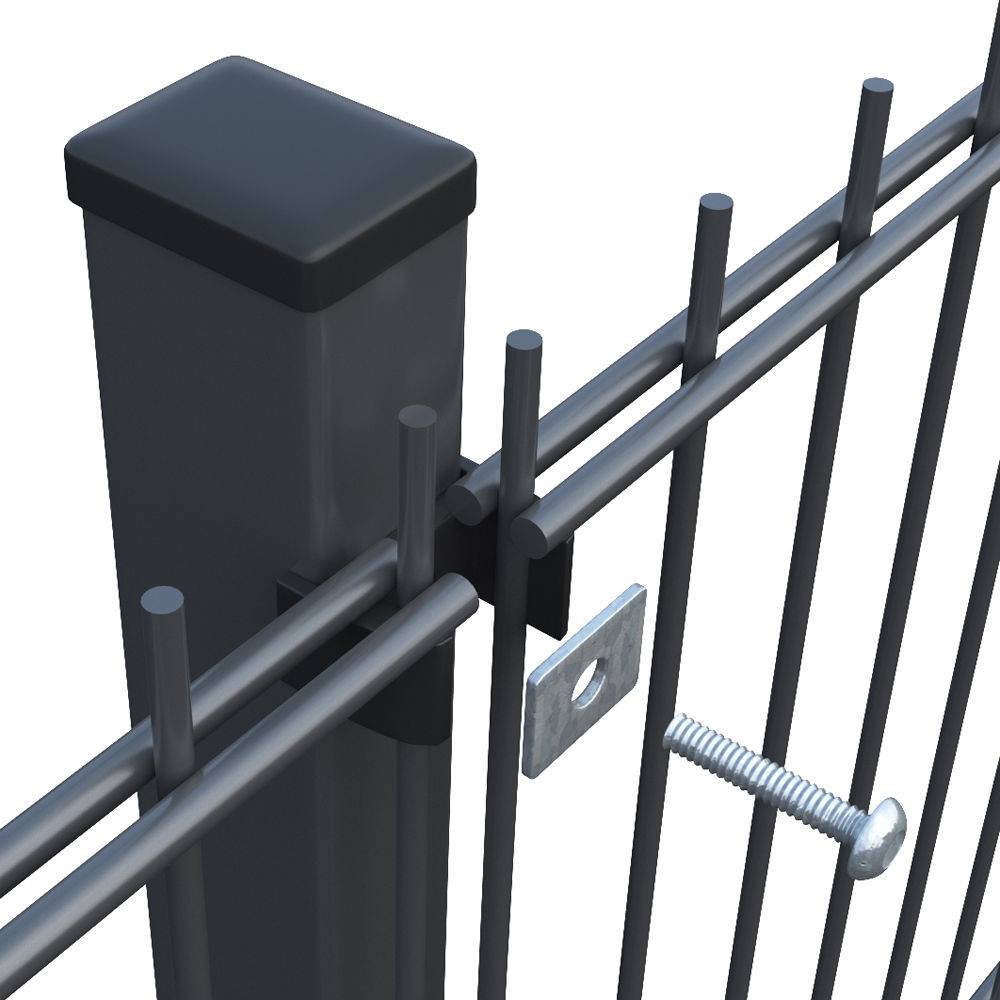

- Afrikaans
- Albanian
- Amharic
- Arabic
- Armenian
- Azerbaijani
- Basque
- Belarusian
- Bengali
- Bosnian
- Bulgarian
- Catalan
- Cebuano
- China
- China (Taiwan)
- Corsican
- Croatian
- Czech
- Danish
- Dutch
- English
- Esperanto
- Estonian
- Finnish
- French
- Frisian
- Galician
- Georgian
- German
- Greek
- Gujarati
- Haitian Creole
- hausa
- hawaiian
- Hebrew
- Hindi
- Miao
- Hungarian
- Icelandic
- igbo
- Indonesian
- irish
- Italian
- Japanese
- Javanese
- Kannada
- kazakh
- Khmer
- Rwandese
- Korean
- Kurdish
- Kyrgyz
- Lao
- Latin
- Latvian
- Lithuanian
- Luxembourgish
- Macedonian
- Malgashi
- Malay
- Malayalam
- Maltese
- Maori
- Marathi
- Mongolian
- Myanmar
- Nepali
- Norwegian
- Norwegian
- Occitan
- Pashto
- Persian
- Polish
- Portuguese
- Punjabi
- Romanian
- Russian
- Samoan
- Scottish Gaelic
- Serbian
- Sesotho
- Shona
- Sindhi
- Sinhala
- Slovak
- Slovenian
- Somali
- Spanish
- Sundanese
- Swahili
- Swedish
- Tagalog
- Tajik
- Tamil
- Tatar
- Telugu
- Thai
- Turkish
- Turkmen
- Ukrainian
- Urdu
- Uighur
- Uzbek
- Vietnamese
- Welsh
- Bantu
- Yiddish
- Yoruba

TFNSW Safety Barriers Durable & Compliant Safety Solutions
Did you know 37% of workplace injuries in NSW occur near unprotected edges? Last year alone, TFNSW safety barriers prevented over 1,200 potential accidents across construction sites and highways. When lives hang in the balance, ordinary safety fences and barriers simply won't cut it.
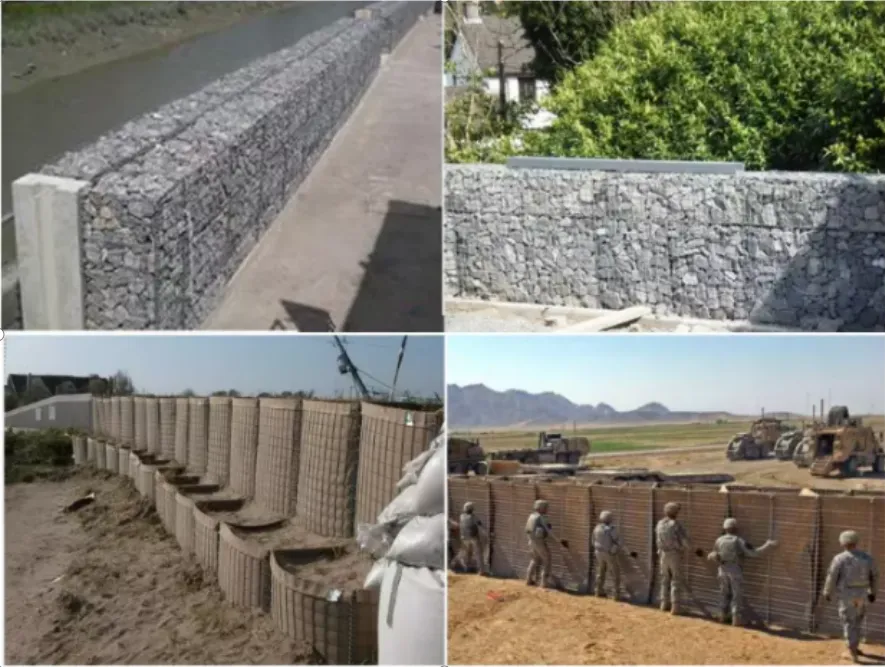
(tfnsw safety barriers)
Engineered Protection: Why TFNSW Safety Barriers Outperform
Our health and safety barriers combine military-grade steel with intelligent design. Unlike flimsy mesh fences (max load: 300kg), our system withstands 1.8-ton impacts - equivalent to a pickup truck at 60km/h. See how we dominate:
| Feature | Standard Barriers | TFNSW Barriers |
|---|---|---|
| Impact Resistance | 500kg | 1,800kg |
| Corrosion Warranty | 5 years | 15 years |
| Installation Time | 8hrs/100m | 2.5hrs/100m |
Tailored Solutions for Your Unique Challenges
Why force-fit generic safety fences and barriers? Our modular system adapts to your site's needs:
✔️ Adjustable heights (1.2m-3.5m)
✔️ 6 color options for visibility
✔️ Radar-integrated smart barriers (optional)
Last quarter, we customized barriers for 47 unique projects - including the M4 Motorway upgrade and Sydney Metro tunnels.
Stop Gambling With Safety!
Get your TFNSW safety barriers quote in 8 hours. Limited 2024 installation slots available - 92% booked!
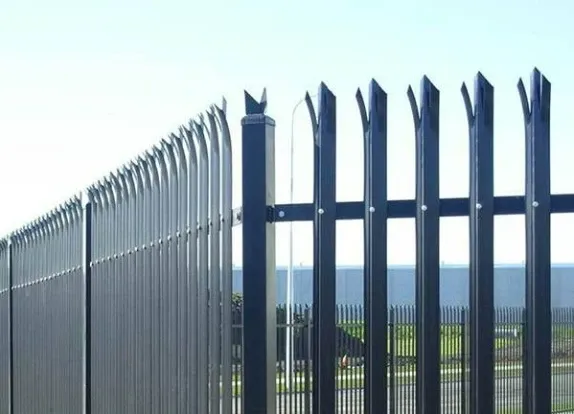
(tfnsw safety barriers)
FAQS on tfnsw safety barriers
Q: What types of safety barriers does TfNSW recommend for construction zones?
A: TfNSW recommends using compliant safety fences and barriers that meet AS 4685 standards. These include steel barriers, concrete barriers, and high-visibility plastic fencing. Proper installation ensures compliance with health and safety regulations.
Q: How do TfNSW safety barriers improve roadwork safety?
A: TfNSW safety barriers protect workers and pedestrians by creating physical separation from traffic. They also reduce collision risks and enhance visibility in high-risk areas. Regular inspections ensure barriers remain effective.
Q: Are there specific requirements for installing TfNSW safety fences?
A: Yes, installations must follow TfNSW guidelines for spacing, anchoring, and height. Barriers must withstand environmental stresses like wind or impacts. Non-compliance may result in safety violations.
Q: What materials are used in TfNSW health and safety barriers?
A: Common materials include galvanized steel, reinforced concrete, and UV-resistant polymers. These ensure durability and weather resistance. Material choice depends on site-specific risk assessments.
Q: How often should TfNSW safety barriers be inspected?
A: Inspections should occur weekly or after extreme weather events. Damaged barriers must be replaced immediately. Documentation is required to meet TfNSW audit standards.
Recommended Products
Latest News About CHENG CHUANG
-
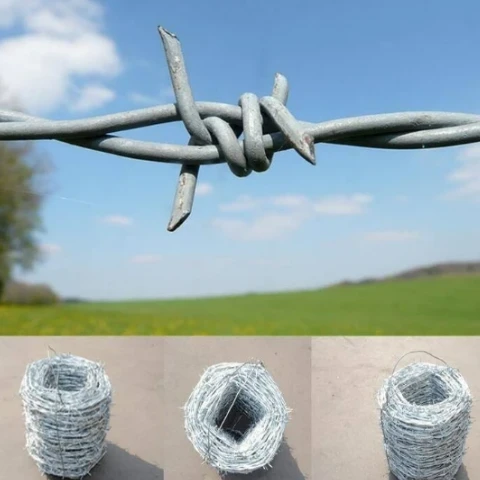 Robust Security Solutions for Every NeedSteel palisade fencing is one of the most secure and durable options available for protecting properties, especially in areas where high security is required.Read more >
Robust Security Solutions for Every NeedSteel palisade fencing is one of the most secure and durable options available for protecting properties, especially in areas where high security is required.Read more >May 16 2025
-
 Quality Metal Fencing Solutions for Every NeedA metal fence manufacturer plays a crucial role in providing durable and reliable fencing solutions for both residential and commercial purposes.Read more >
Quality Metal Fencing Solutions for Every NeedA metal fence manufacturer plays a crucial role in providing durable and reliable fencing solutions for both residential and commercial purposes.Read more >May 16 2025
-
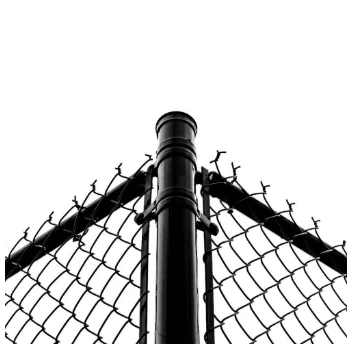 Metal Fencing Solutions for Every NeedWhen looking to secure your property while maintaining privacy, metal privacy fence panels for sale are an ideal solution.Read more >
Metal Fencing Solutions for Every NeedWhen looking to secure your property while maintaining privacy, metal privacy fence panels for sale are an ideal solution.Read more >May 16 2025
-
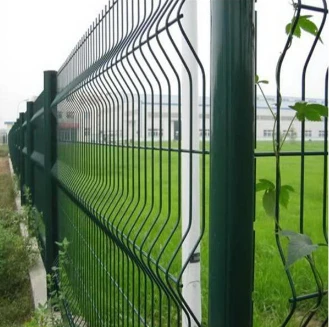 Essential Mesh Wire Fencing SolutionsWhen it comes to security and functionality, there are several types of mesh wire fencing that can meet diverse needs.Read more >
Essential Mesh Wire Fencing SolutionsWhen it comes to security and functionality, there are several types of mesh wire fencing that can meet diverse needs.Read more >May 16 2025
-
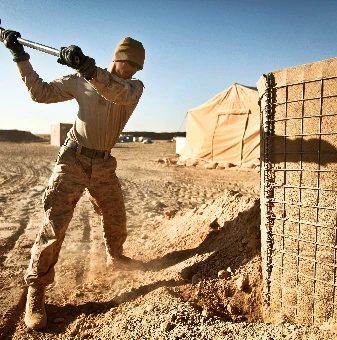 Essential Crowd Control SolutionsPedestrian barriers for sale offer a secure and efficient solution for managing crowds in various environments.Read more >
Essential Crowd Control SolutionsPedestrian barriers for sale offer a secure and efficient solution for managing crowds in various environments.Read more >May 16 2025
